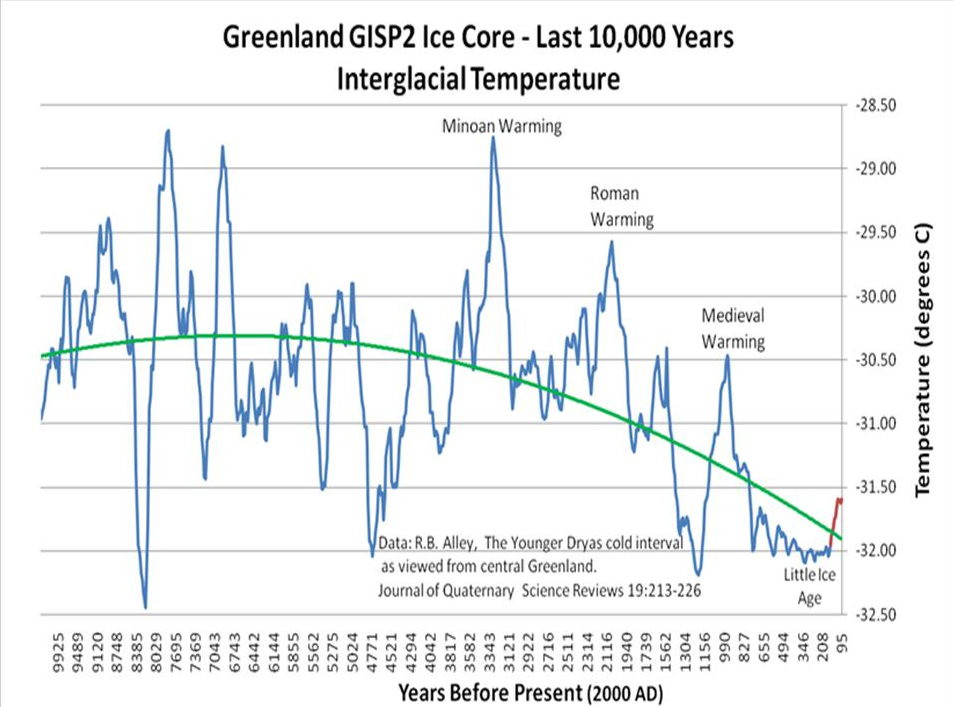flacaltenn
Diamond Member
Of course, barring magic spells or voodoo chants, the ocean and land ice will continue to recede, as the planet warms.That was a quote from Polar Portal, which is a site of these people;Compared to the average extent (1979-2000), the sea ice had diminished by 49%.
Statements like that are blatant misrepresentations because it not rigidly specified. You could see that from the graph you posted. It uses the 11.9% SUMMER extent decadal decline rate to get the 49% since 1979. But the WINTER extent is less than a 1/5 of that. That's why you NORMALIZE year over year to get something like NSIDC plots.
At LEAST qualify the statement with "summer extent" and then we can chat about how ICE is worst proxy for reading temperature and temperatures effects on the planet.
© 2018 - DMI, DTU, GEUS.


Funding for creating and running this website is provided with support from Dancea (Danish Cooperation for Environment in the Arctic) under the Danish Ministry for Energy, Utilities and Climate.
DMI, GEUS and DTU are responsible for the content of the site.
That's fine. Everyone makes honest mistakes if it's not an actual published paper. But too often, it seems to be done to grossly exaggerate. Yes, the Arctic sea ice is in decline. Does not mean the end of the world is at hand. Just means it crossed a threshhold some long time back where fall and spring days can bring short periods of stunted growth or melt. And those periods will result in bad years for sea ice. Even IF it's as short as a couple days above 0DegC.
1979 was relative HIGH for sea ice. And that is part of the problem here. Don't even have quite 40 years yet of reliable accounting.
That's true. Been true for the last 10,000 years or so. But seriously -- you'd rather have a climate where the Arctic sea ice and mountains glaciers are GROWING? Think before you choose.

 ....... and obviously you haven't. Not even the basic envelope calculation.. Not as a percentage of the OCEANS -- but as a percentage of the EARTH surface it's closer to 10%.. Almost shot your foot off there.
....... and obviously you haven't. Not even the basic envelope calculation.. Not as a percentage of the OCEANS -- but as a percentage of the EARTH surface it's closer to 10%.. Almost shot your foot off there. 
 . Dang.... if you're a liberal you're miserable as fuck.
. Dang.... if you're a liberal you're miserable as fuck.
